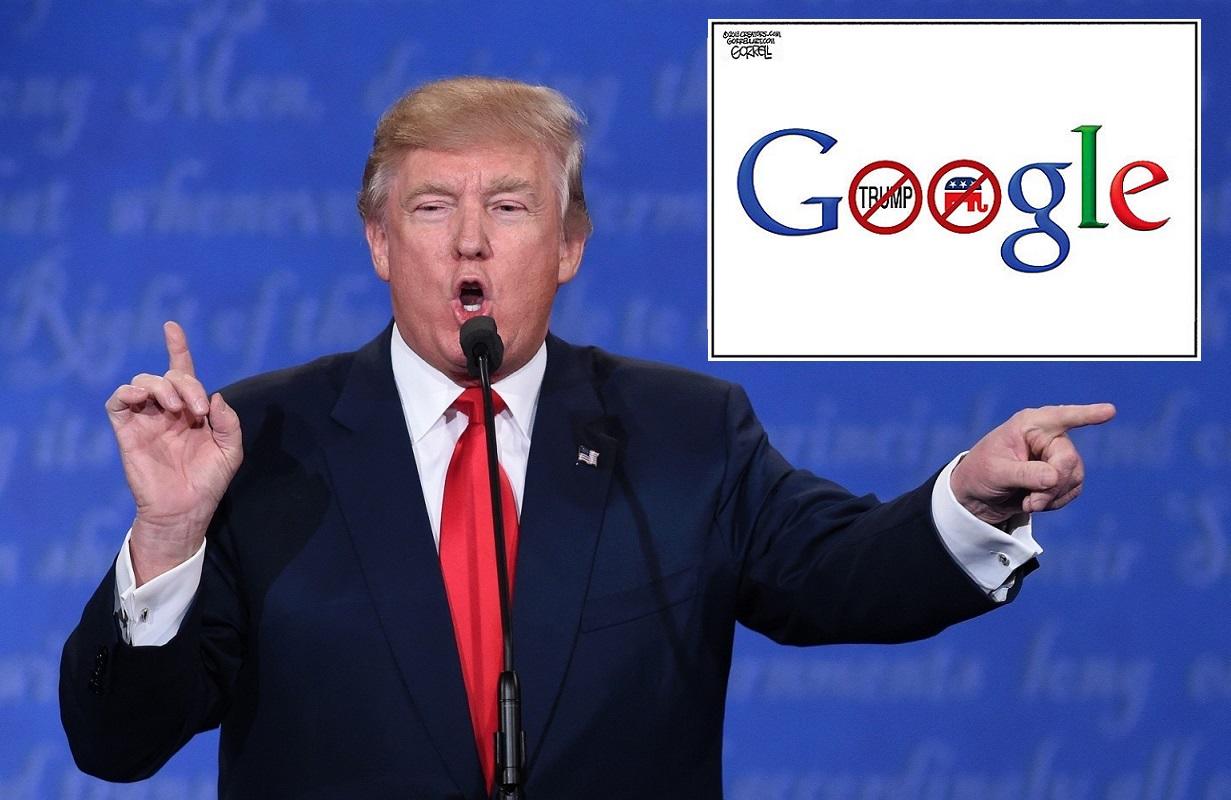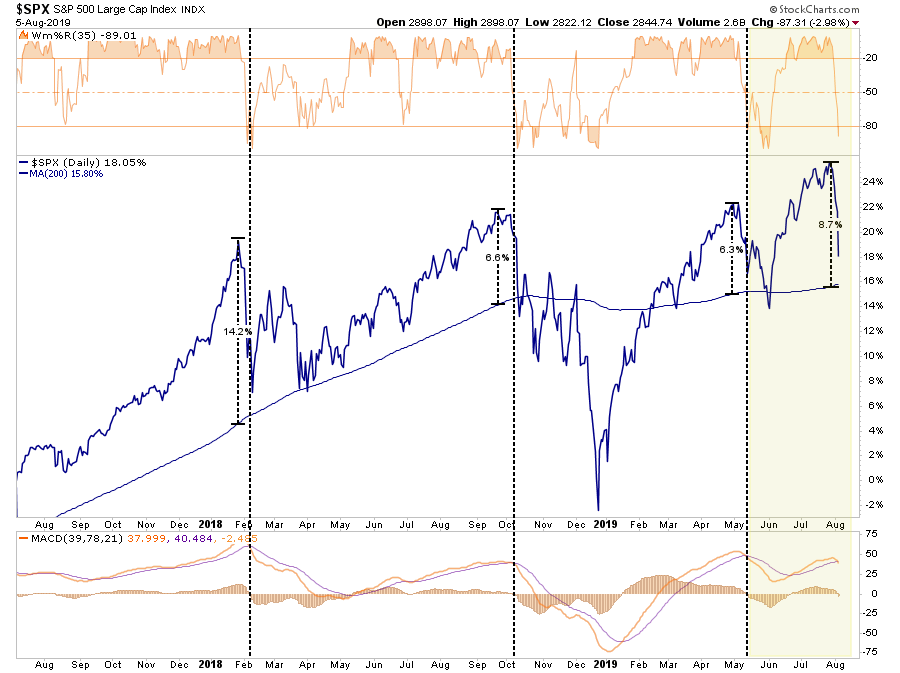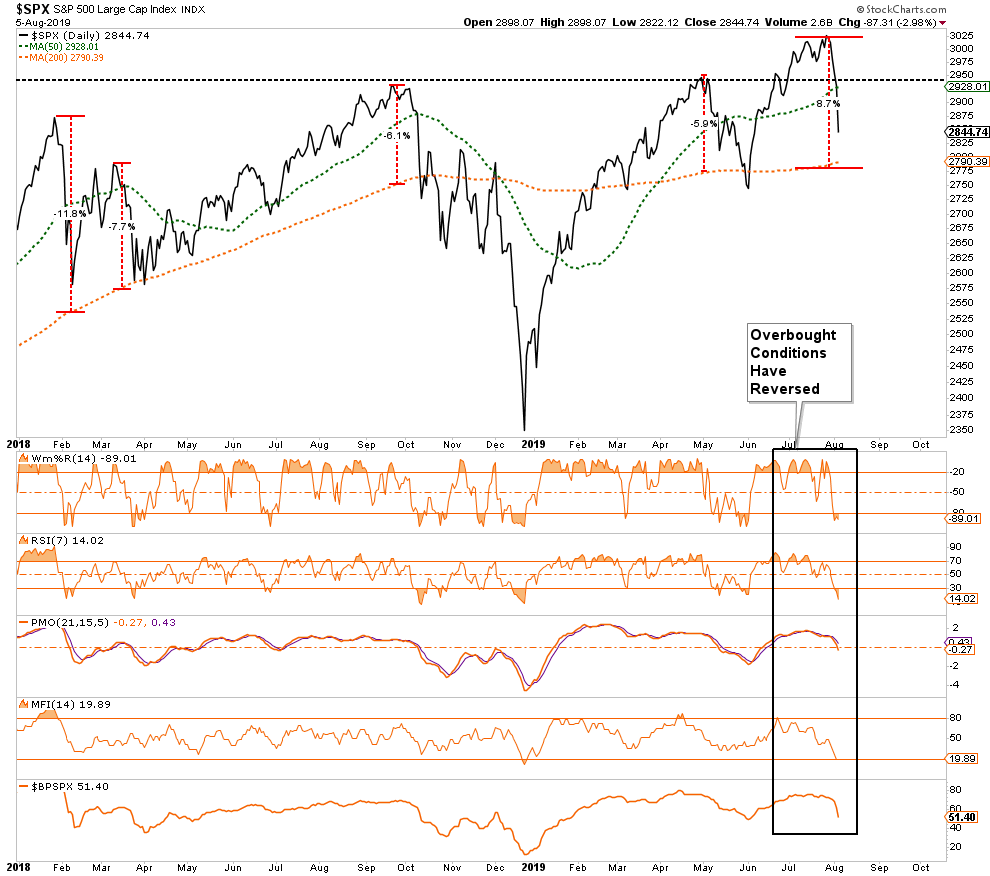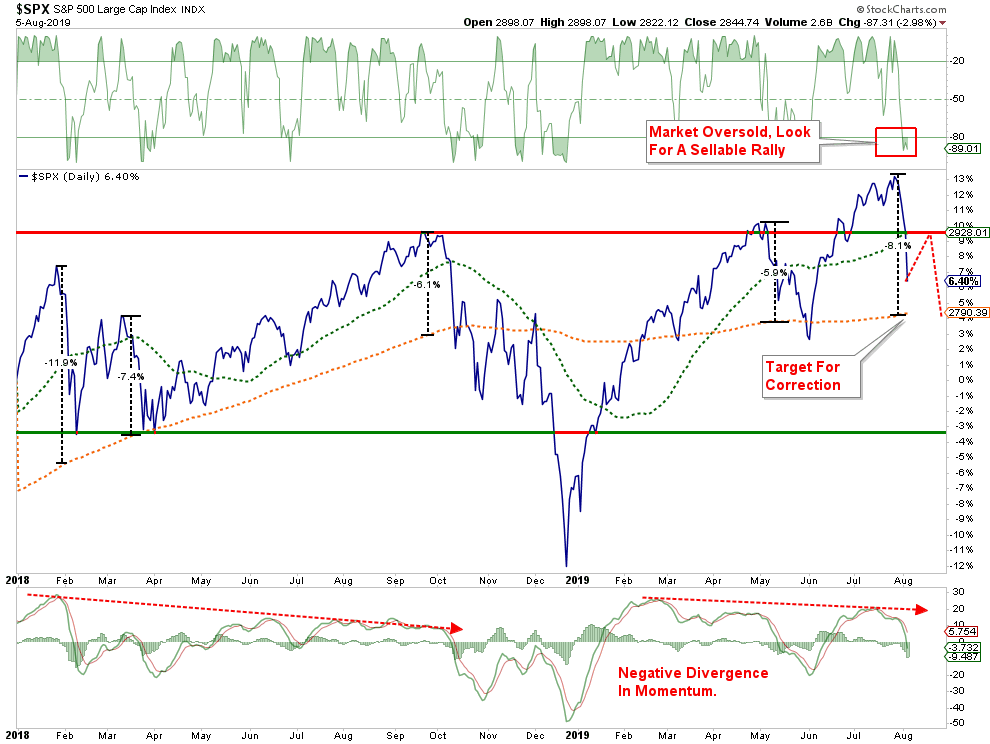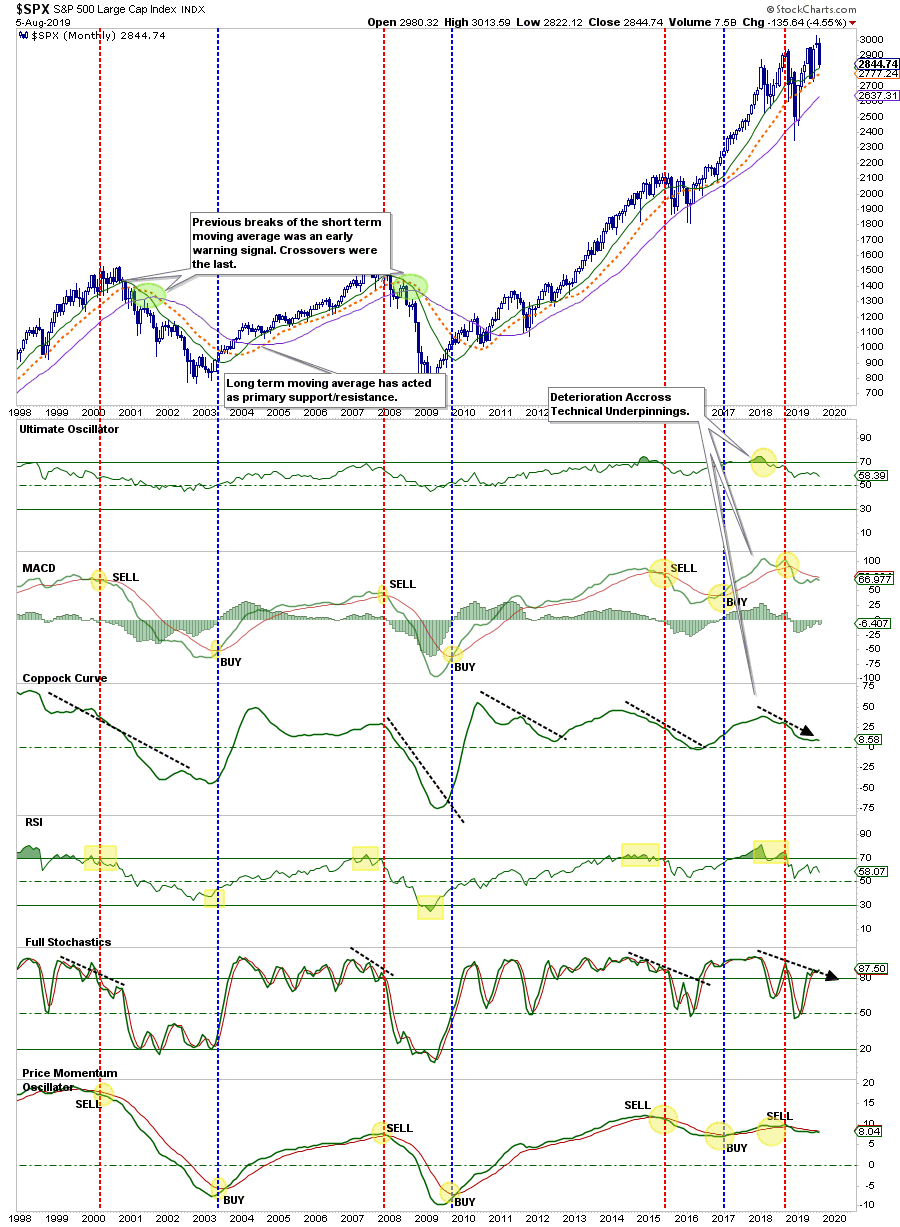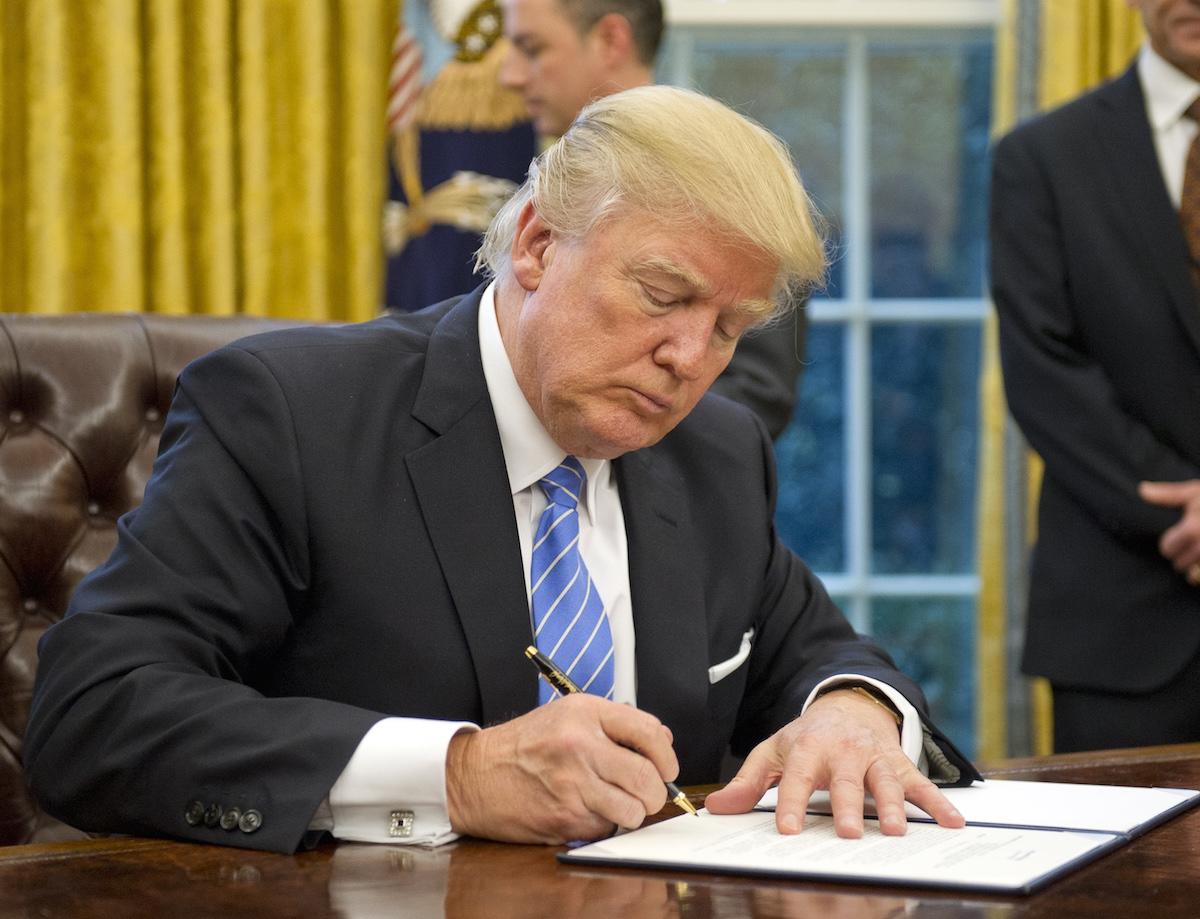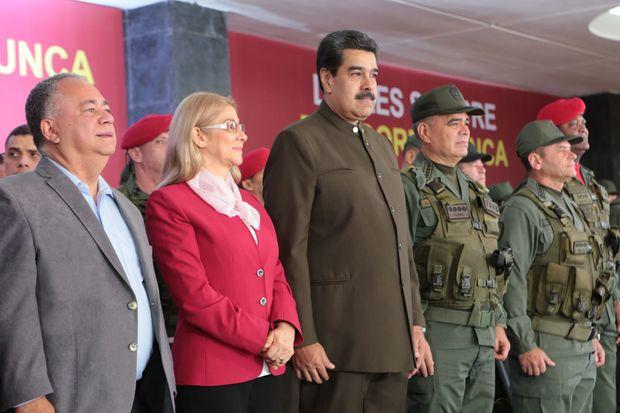Much of the U.S. government’s effort to “stop human trafficking” consists of defining a larger and larger subset of activity as trafficking, then cracking down on this ancillary activity. New legislation from Sen. Sherrod Brown (D–Ohio) would expand this territory even further. Under Brown’s bill, “using drugs or illegal substances to cause a person to engage in a commercial sex act” or in any kind of labor would be punishable under federal criminal laws related to human trafficking.
It’s certainly wrong (and should be criminal) to force drugs on someone in order to get them to do something they wouldn’t otherwise consent to, be that engaging in any sort of sex or performing any sort of work. That’s why doing so is already punishable under a range of criminal statutes.
But Brown’s bill (S. 2197) is vaguely worded enough to open up new possibilities, like charging anyone who sells drugs to a sex worker as a sex trafficker (or at least threatening them with this if they don’t cop to some lesser offense) and counting any informal trade of drugs for any sort of labor as a human trafficking offense.
Specifically, the bill amends federal criminal law to say that obtaining any work or services “by means of supplying, furnishing, or providing any drug or illegal substance to a person, including to exploit the addiction of the person or cause the person to become addicted to the drug or illegal substance,” counts as a forced labor offense. Likewise, it would be counted as sex trafficking to recruit, entice, harbor, transport, provide, obtain, advertise, patronize, or solicit someone for sex by means of “supplying, furnishing, or providing any drug or illegal substance to a person, including to exploit the addiction of the person or cause the person to become addicted to the drug or illegal substance.”
Notice that neither provision makes using exploitative or addictive means a necessary part of committing this crime; any supplying, furnishing, or providing of drugs will do.
The bill—dubbed the “Protecting Rights Of Those Exploited by Coercive Trafficking (PROTECT) Act—was introduced in late July and has already attracted some well-known sponsors, including Democratic Sens. Dianne Feinstein (Calif.), Amy Klobuchar (Minn.), and Richard Blumenthal (Conn.), as well as Republican Sens. John Cornyn (Texas), Rob Portman (Ohio), and Thom Tillis (N.C.).
Portman sponsored the Senate bill known as SESTA (with the others signing as co-sponsors), which would be rolled in with House bill FOSTA to make facilitating prostitution through the web a federal crime. Like the SESTA/FOSTA package, the new bill would further expand the reach of federal prosecutors—just in time for the new “human trafficking coordinators” that are being installed at U.S. attorney’s offices across the country. (That was also a Sen. Brown contribution. I guess now he has to give them something to do.)
In essence, the PROTECT Act would take two things that are already illegal on their own (selling illegal drugs and forcing people into sex or labor) and make them—ostensibly—more illegal together. This follows a trend seen with drug laws during times of panic. But what we’ve seen with the enhanced drug laws, and with laws criminalizing activity around sex work, is not police using them to bring to justice some previously untouchable or under-punished class of serious criminals. Rather, these laws work as threats in coercive plea deals and are often used against sex workers or drug users themselves.
from Latest – Reason.com https://ift.tt/2YvJq24
via IFTTT

